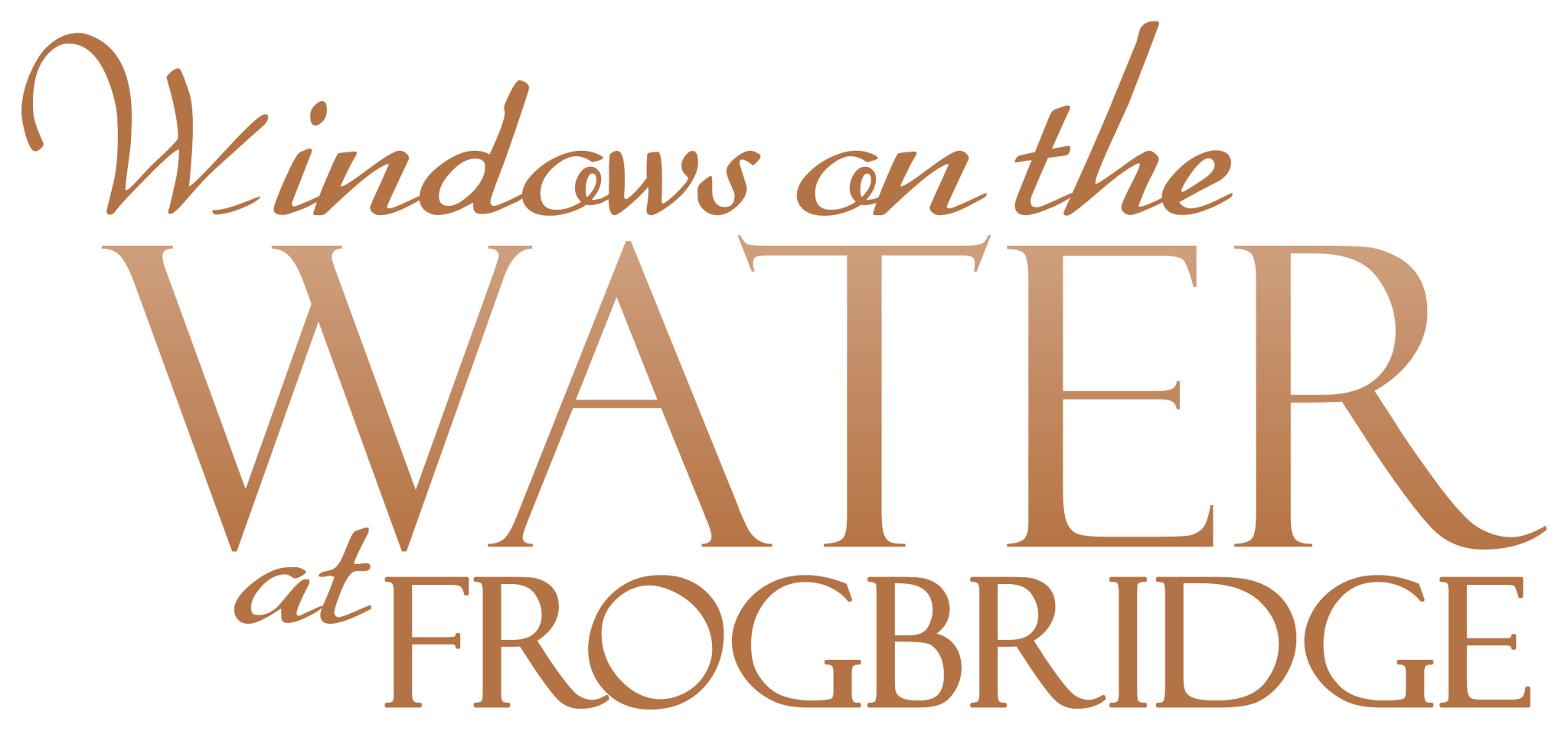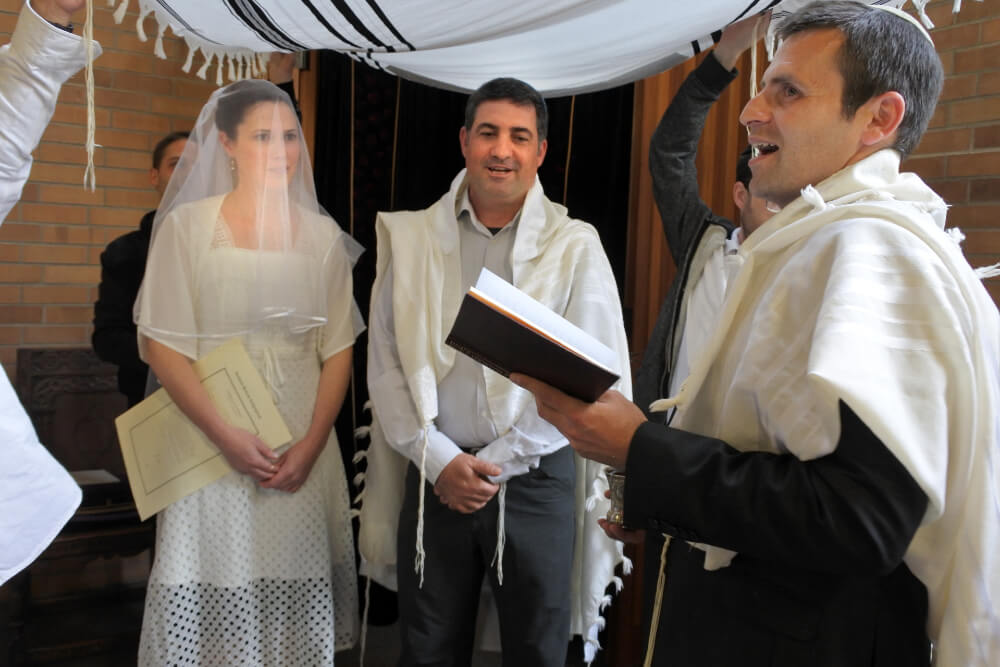So, you’ve been invited to a Jewish wedding and are wondering how to be the best guest and what to expect? While every Jewish wedding will vary depending on the couple’s religious and cultural backgrounds, there are some general best practices for dressing and acting appropriately. Here’s a quick guide to what to expect at a Jewish wedding ceremony.
What Is the Appropriate Attire for a Jewish Wedding?
As with all weddings, the dress code for a Jewish wedding will depend on certain factors such as the time of day and venue. At most Jewish weddings, it’s common for men to wear a kippah, which is a skullcap that is worn on the head. Usually, kippahs are provided at the wedding for guests to wear. If the wedding is more traditional, women will usually wear skirts or dresses that go beneath their knees and over their shoulders.
The Kabbalat Panim
When you’re invited to a Jewish wedding ceremony, the invitation may list two different times for the ceremony. The earlier time on the invitation is usually the start of Kabbalat Panim, which is a time set aside for guests to greet the couple before the ceremony begins, while the later time refers to the actual start of their ceremony. It’s most common for the couple’s close family and wedding party to attend the Kabbalat Panim, meaning for regular guests, it is acceptable to consider the entire Kabbalat Panim as an appropriate window for showing up.
The Wedding Ceremony
Most Jewish weddings do not follow the traditional custom of the bride’s and groom’s guests sitting on separate sides of the aisle. However, at some Orthodox weddings, men and women may sit on opposite sides of the aisle. The best way to understand what’s going on during the ceremony is to follow the wedding program that is usually handed out to guests when they arrive. Typically, a rabbi will conduct the ceremony under the chuppah, which is a marriage canopy. Towards the end of the ceremony, the seven blessings are usually recited over a cup of wine which is then followed by the breaking of the glass. At most Jewish weddings, the breaking of the glass means it is time to jump up and yell “Mazel Tov” to congratulate the bride and groom.
The Wedding Reception
The wedding reception at a Jewish wedding will almost always feature lively circle dancing, which is known as the hora. This dancing usually starts when the bride and groom enter the reception room. During the hora, the couple will sit on chairs, and their guests will lift them into the air and pass them around the circle. At more traditional weddings, it is common for women and men to dance in separate circles. Conversely, the men and women will dance together in a circle in more liberal crowds.
Plan Your Spring Outdoor Wedding in Central New Jersey
Are you looking to plan the Jewish wedding of your dreams? The expert wedding staff at Windows on the Water can help you plan your special day. At Windows on the Water, we recognize that your outdoor wedding venue will be the focal point for one of the most important days of your life, which is why we are dedicated to helping couples design a jaw-dropping atmosphere for their ceremony and reception.
Come visit our breathtaking grounds to see why our venue is one of the most popular outdoor tent wedding venues in Central Jersey. As you tour our grounds, you’ll see why so many couples choose us as the backdrop of their declaration of love.
Call us today at (609) 208-9475 or complete our online contact form to learn about the amenities and services we have available.

